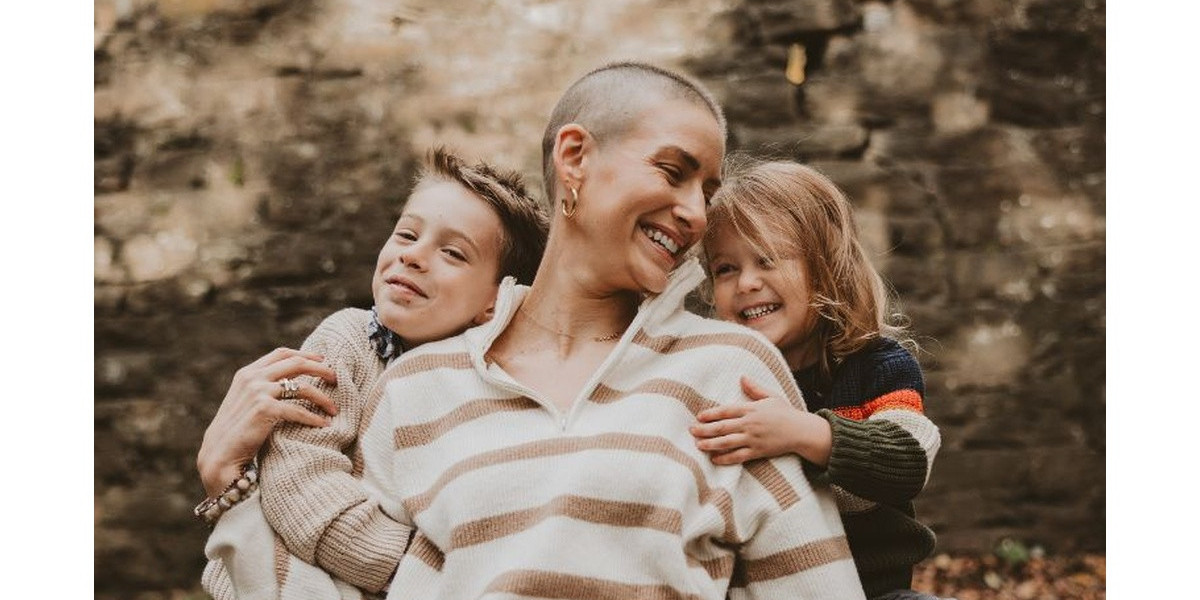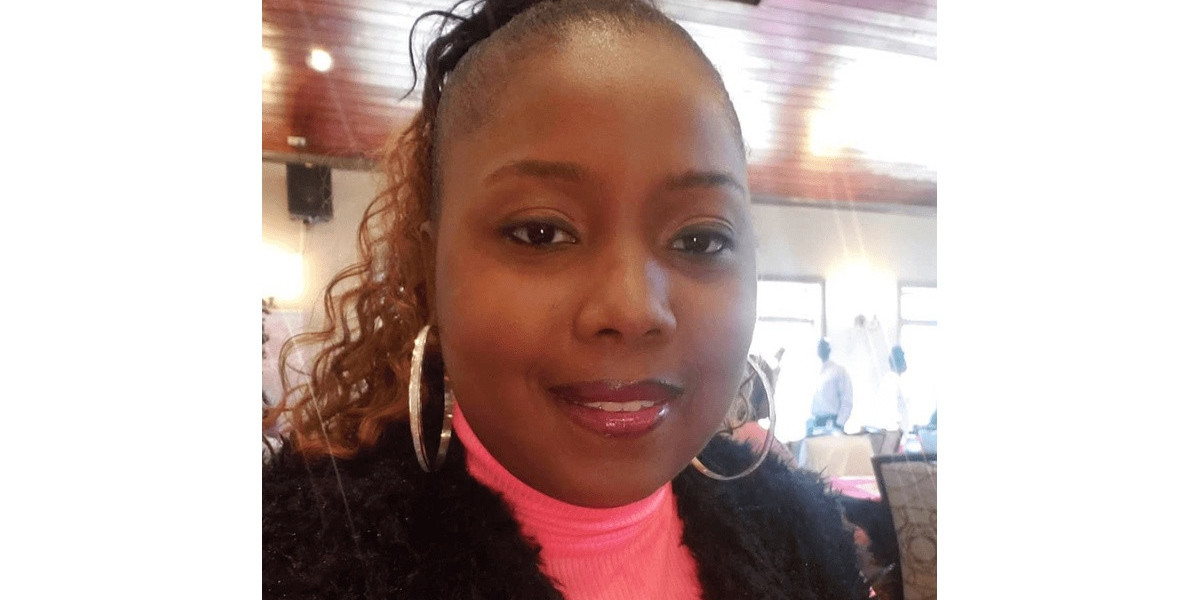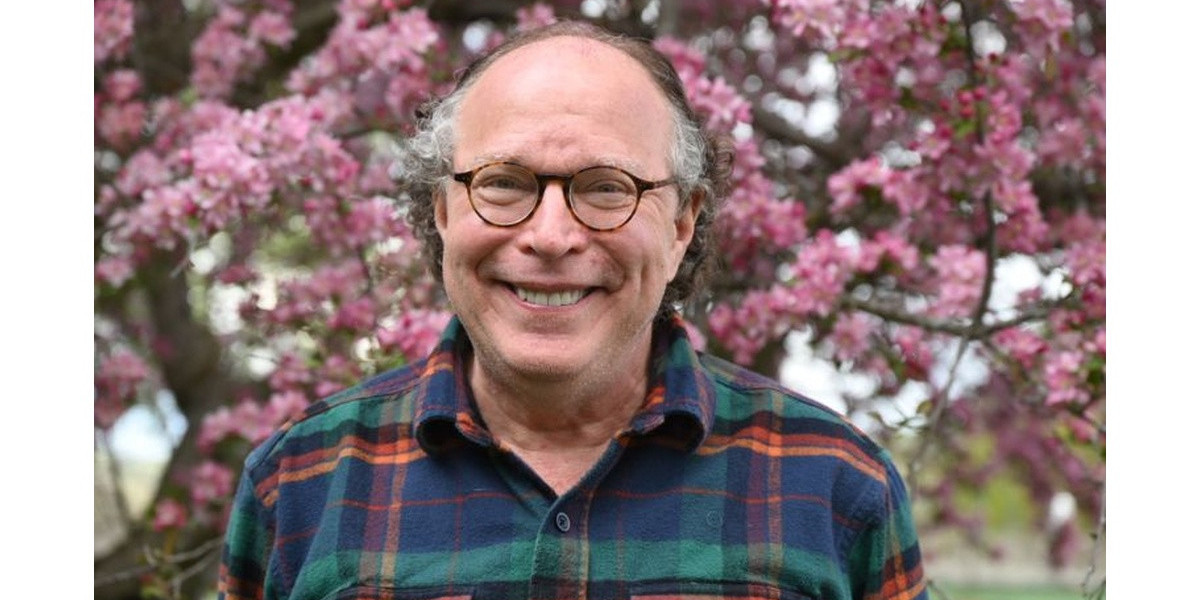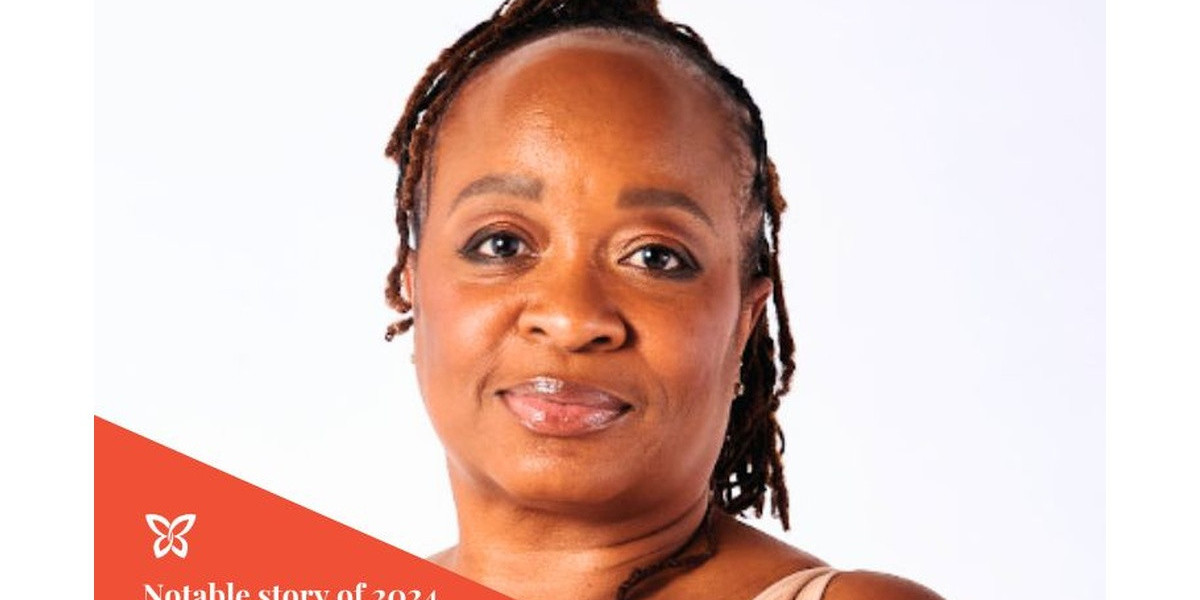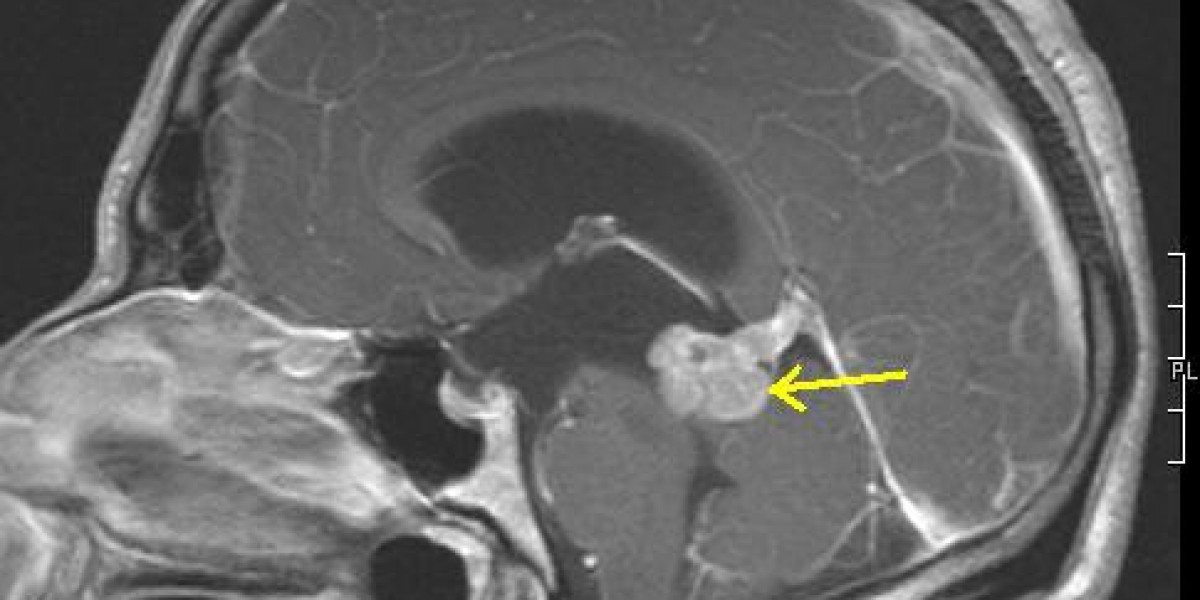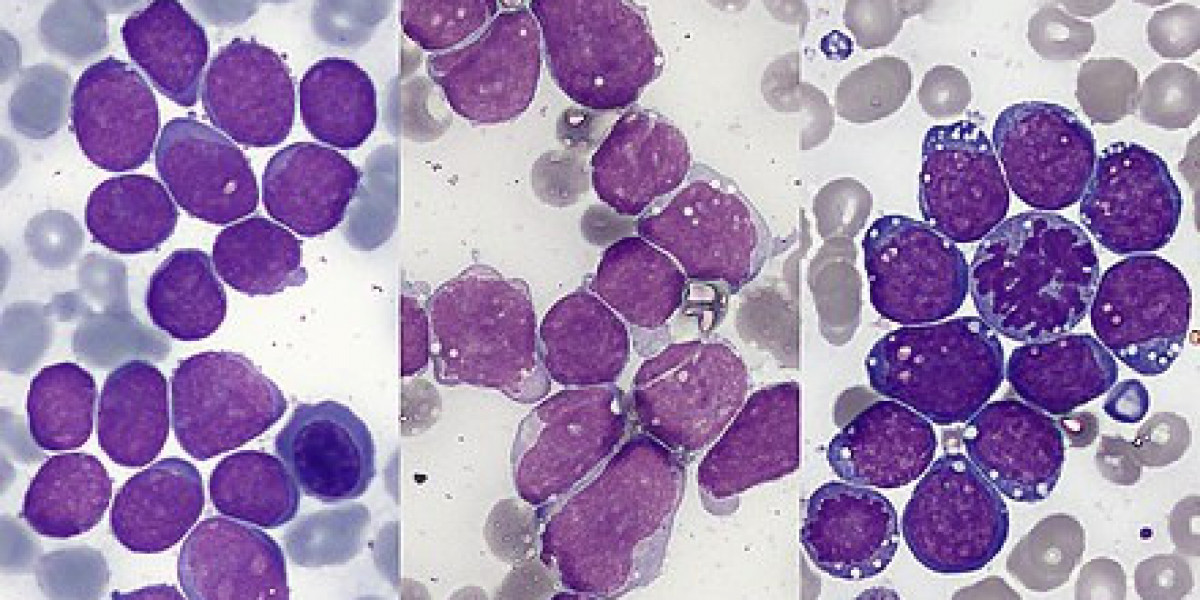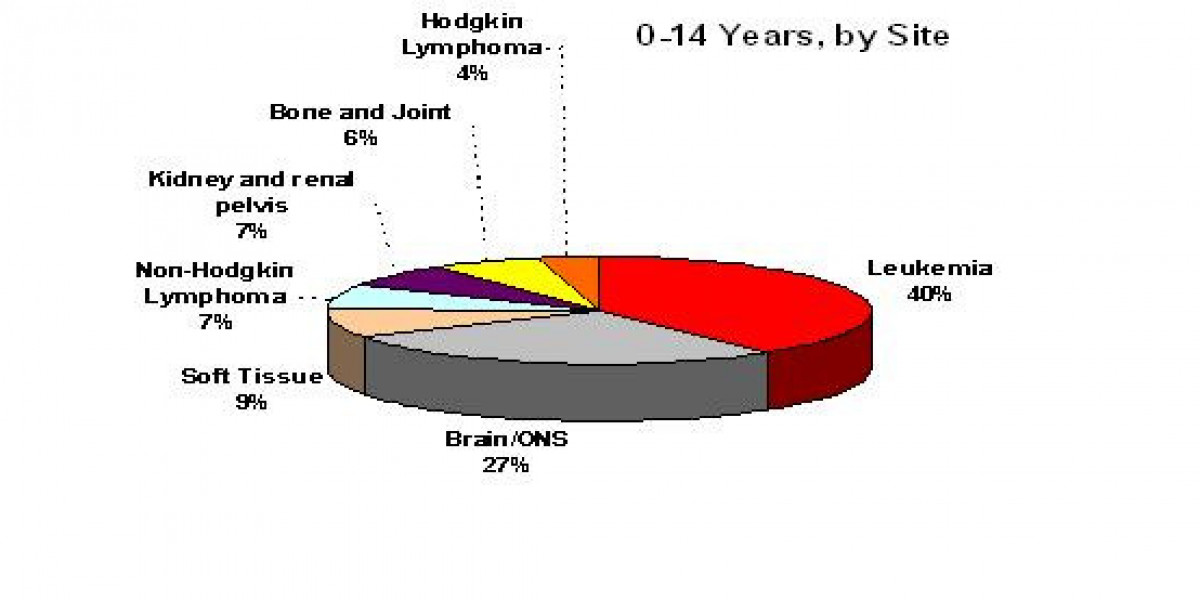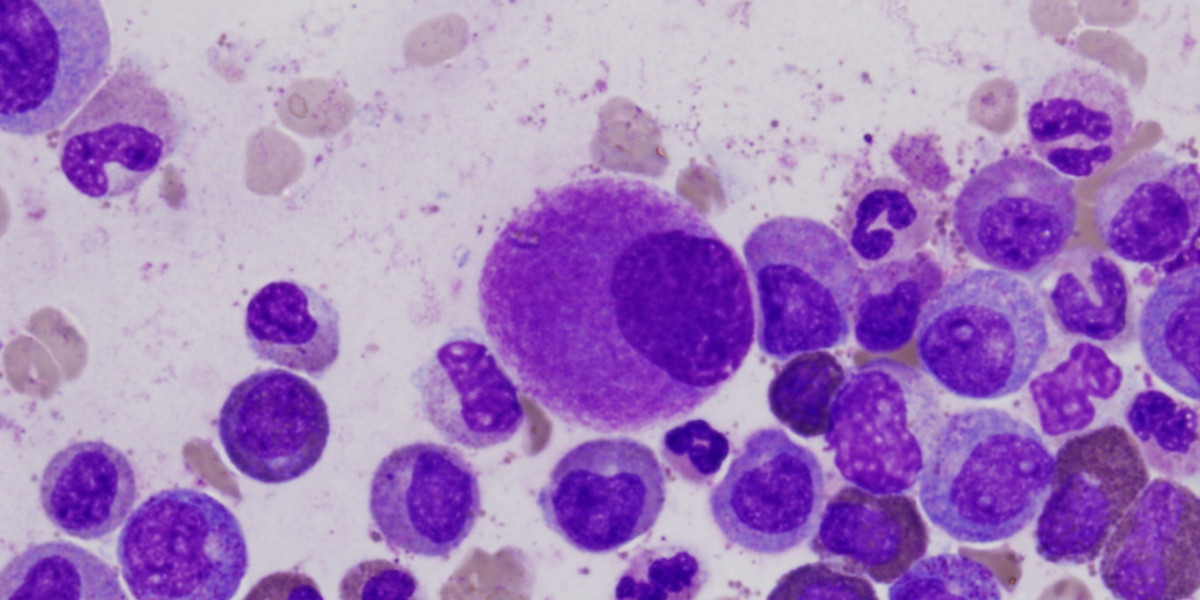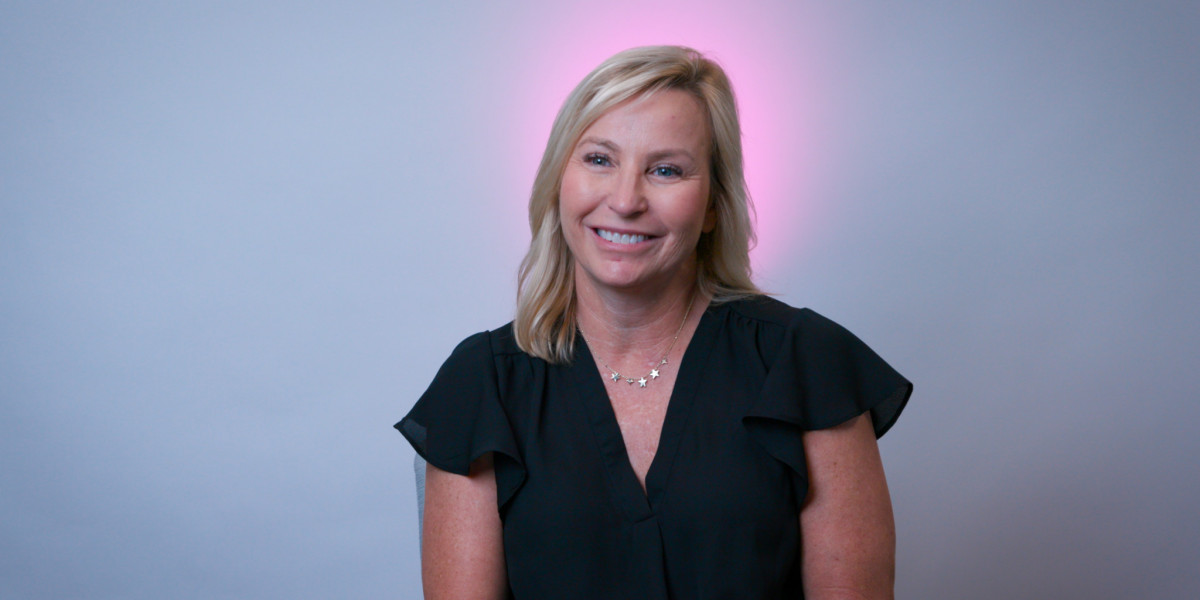Blogs>The overlooked side of breast cancer: Mental health
Mental healthis rarely addressed in treatment, but hope and healing are possible
The beach was the one thing I was holding onto. I had envisioned the sand between my toes, the sound of my boys laughing as they buried each other, the salt air cleansing this nightmare off my skin.
But instead, I was in a hospital bed, neutropenic, isolated, and watching photos of my family’s vacation from my phone. Cancer had taken yet another thing from me. I cried. I raged. And then, I made a decision — I had to focus on the long game. I had to take care of my mind if I wanted to take care of my body.
A breast cancerdiagnosisat the age of 40 upended everything. Now there were so many unknowns and scans, plus loss after loss — fromfertilityto freedom to travel. I had always been a type A perfectionist, managing ADHD andanxietyby staying in control. Cancer forced me to surrender. The grind that once defined me — talk fast, walk fast, work fast — had to stop. My new focus became enduring treatment, slowing down, and healing.
Despite the revolving door of medical appointments, mental health was rarely addressed. Beyond a brief questionnaire about my mood, few asked how I was coping. I was often the youngest person in the chemo room, which left me feeling resentful — and then guilty for feeling that way. I’d remind myself that I was lucky to have access to care, but gratitude and grief often came in waves. I was grateful for science yet resentful to be among the minority of women diagnosed under 62. I was grateful for my support system yet hated needing to rely on them.
One of my darkest moments came after my first round of the “red devil.” I spiked a fever and was admitted to the hospital with severeneutropenia— myimmune systemat zero. The next day, we were supposed to leave for our annual beach trip. It was the one thing I had looked forward to, the only moment of escape. My husband and I made the painful decision: they would go without me.
Lying in a hospital bed, I moped and cried, watching "White Lotus" while eating inedible hospital food. My husband sent me pictures of our boys splashing in the ocean, and my emotions spiraled between devastation and joy. I was furious at cancer, heartbroken to miss another milestone, and yet relieved that my boys still had their fun. Eventually, I accepted that missing this one trip meant I could be there for many more. Short-term pain for long-term gain.
While there are endless recommendations for physical health during treatment — strength training, cutting back sugar and alcohol, staying active — mental health is often an afterthought. But anxiety, fear, and grief can be just as debilitating as the physical toll. I had to completely rewire myself to managestress, calm my nervous system, and reclaim some sense of control.
I also had to consider the mental health of those around me — my partner, my kids, my caregivers. We were upfront with my sons’ teachers, ensuring schoolcounselingwas available. Neighbors and friends stepped in when I was too exhausted to function. Accepting help became essential.
Accepting help is not my forte, but I had to give that up quickly.
Some people choose to keep their diagnosis private, and that’s okay, but community was everything for me.
We are no longer average patients.
Even with a caring village of support surrounding you, cancer can be incredibly isolating. Having friends, “breasties,” who were going through it at the same time or have in the past is crucial.
Research support in your area, region, and beyond for free services.
Getting grounded, being in nature and taking the time every day to pause is the new me.
I could write an entire book on mental health in survivorship — that’s a whole other chapter. For now, I leave you with this:Healthy cells remain. Healthy cells remain. Healthy cells remain.
DISCLAIMER:
The views and opinions of our bloggers represent the views and opinions of the bloggers alone and not those of Living Beyond Breast Cancer. Also understand that Living Beyond Breast Cancer does not medically review any information or content contained on, or distributed through, its blog and therefore does not endorse the accuracy or reliability of any such information or content. Through our blog, we merely seek to give individuals creative freedom to tell their stories. It is not a substitute for professional counseling or medical advice.
What to say to someone with breast cancer
It can be hard to find the words when a loved one, friend, neighbor, or coworker tells us about their breast cancer diagnosis. We've got tips to get you started.
Diagnosed with metastatic breast cancer
Hearing the words “You have metastatic breast cancer, and you will need ongoing treatment” can be traumatic. On this page, we’ll help you begin to make sense of your diagnosis, treatment options, and sources of support.
Sharing your inherited genetic test results
Getting tested for an inherited genetic mutation often means that at some point, you will share your results with family members. It can bring up many mixed feelings, ranging from anxiety and guilt to relief.
Genetic counseling
Genetic counseling is the process of meeting with a genetic counselor to discuss your family health history and whether genetic testing is right for you. A genetic counselor is a healthcare provider.
Emotional support for LGBTQ+ people affected by breast cancer
If you are a member of the LGBTQ+ community and you’re facing breast cancer, your emotional needs may be different than those of cisgender and heterosexual people diagnosed with the disease. Support is available.
Books for kids
The Reading for Reassurance program shares books tailored for children with a parent who has been diagnosed with breast cancer in the last six months.
Methods of self-care to deal with stress and anxiety
It’s common to feel stressed and anxious after a breast cancer diagnosis. Less stress often means less tension, fewer aches and pains, better sleep, and more enjoyment with those you love.
Stage IV breast cancer prognosis
If you’ve been diagnosed with stage IV metastatic breast cancer (MBC), you may have already learned that it means being in treatment for life. It’s completely understandable to want to know how long that really is.
How to talk to loved ones if you have breast cancer
Discussing a breast cancer diagnosis with loved ones is tough, but it lets them offer the support and help you need. Share your journey with those who care to foster understanding and assistance.
Emotional Health
In the days immediately following a breast cancer diagnosis, lots of different emotions can come up. No matter what kinds of emotions you’re experiencing, remember that your emotions are valid.
Sign up to receive emotional support, medical insight, personal stories, and more, delivered to your inbox weekly.
We'll send support straight to your inbox.
Shannon Gottesman
Tagged:
Was this page helpful?
Living Beyond Breast Cancer is a national nonprofit organization that seeks to create a world that understands there is more than one way to have breast cancer. To fulfill its mission of providing trusted information and a community of support to those impacted by the disease, Living Beyond Breast Cancer offers on-demand emotional, practical, and evidence-based content. For over 30 years, the organization has remained committed to creating a culture of acceptance — where sharing the diversity of the lived experience of breast cancer fosters self-advocacy and hope. For more information,learn more about our programs and services.
Living Beyond Breast Cancer
40 Monument Road, Suite 104
Bala Cynwyd, PA 19004
©2025 Living Beyond Breast Cancer
Originally published on The Patient Story: https://www.lbbc.org/blog/the-overlooked-side-of-breast-cancer-mental-health
